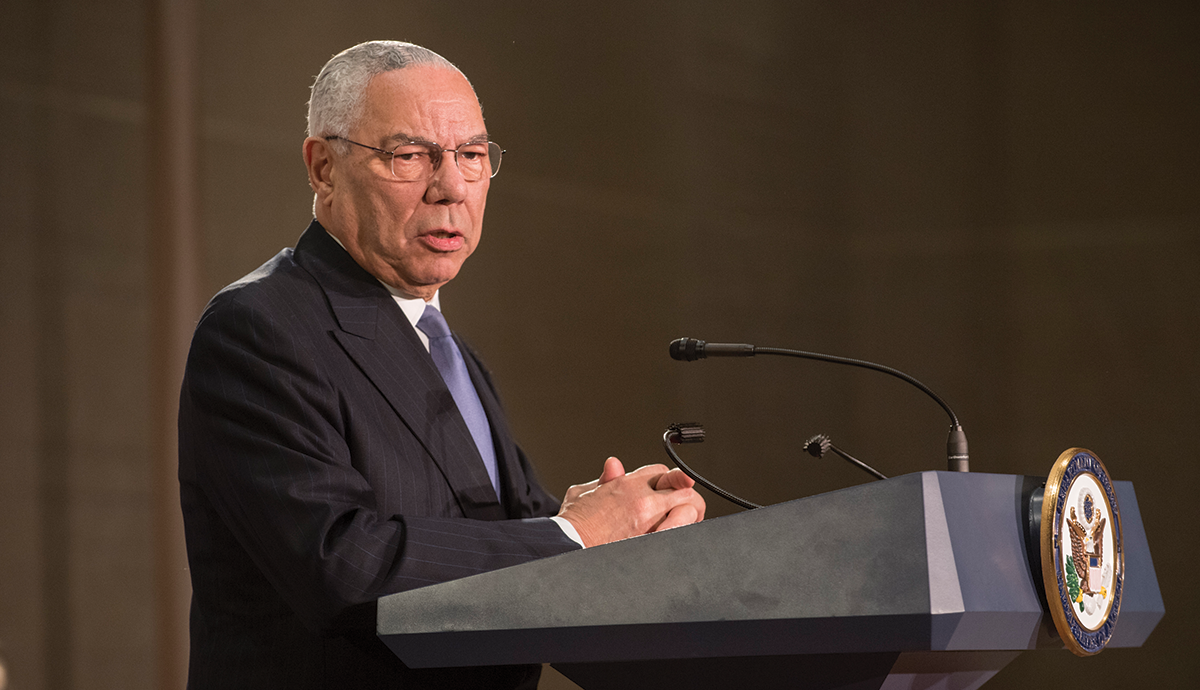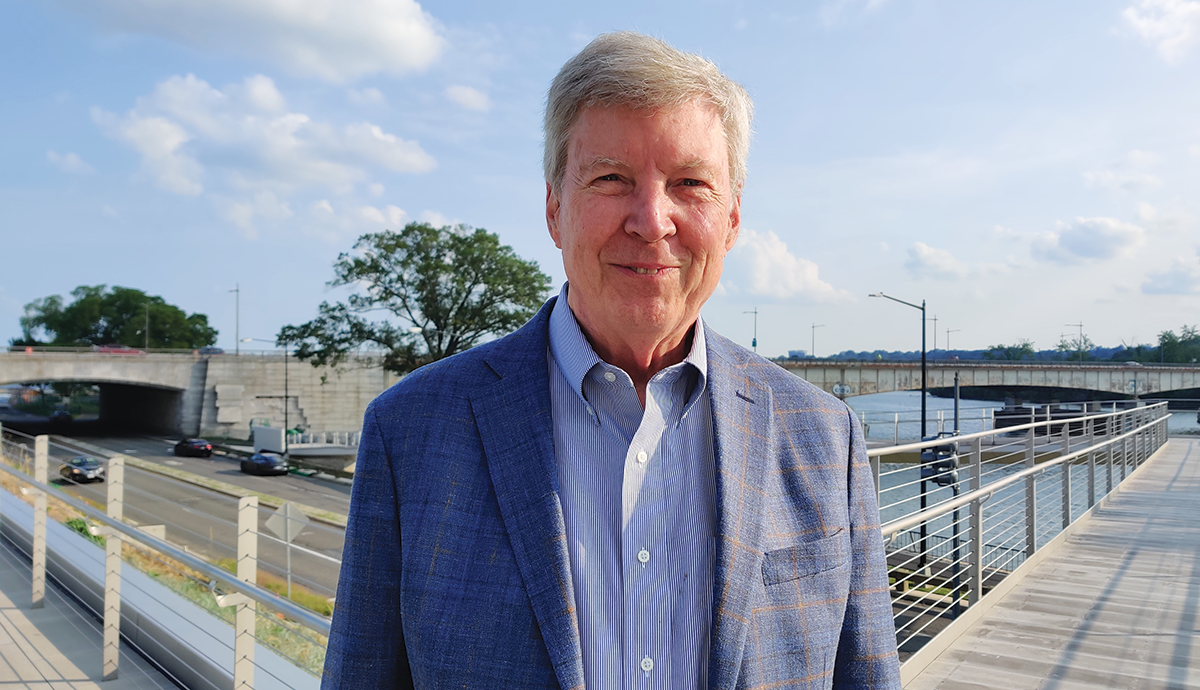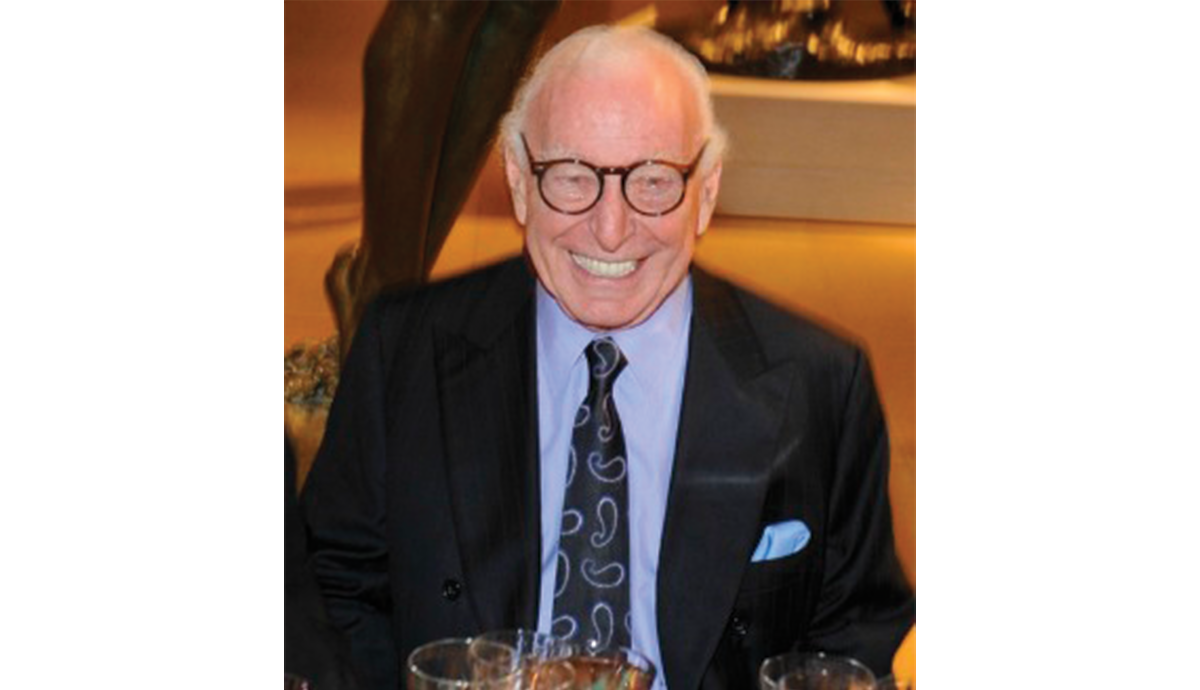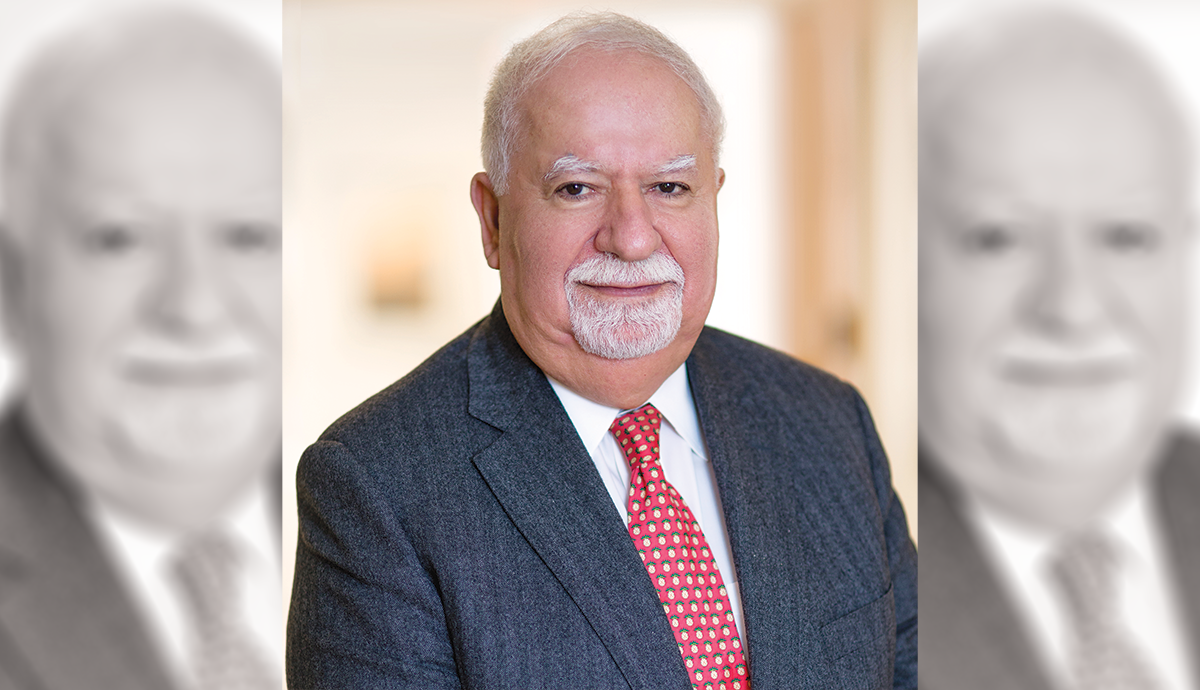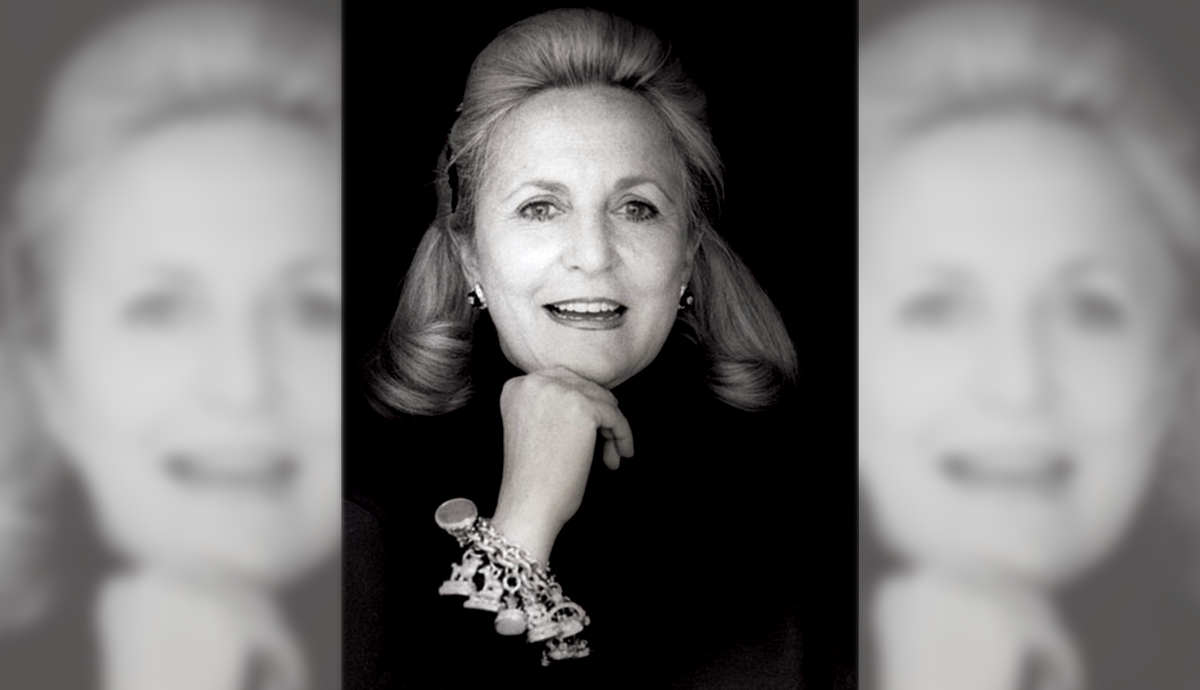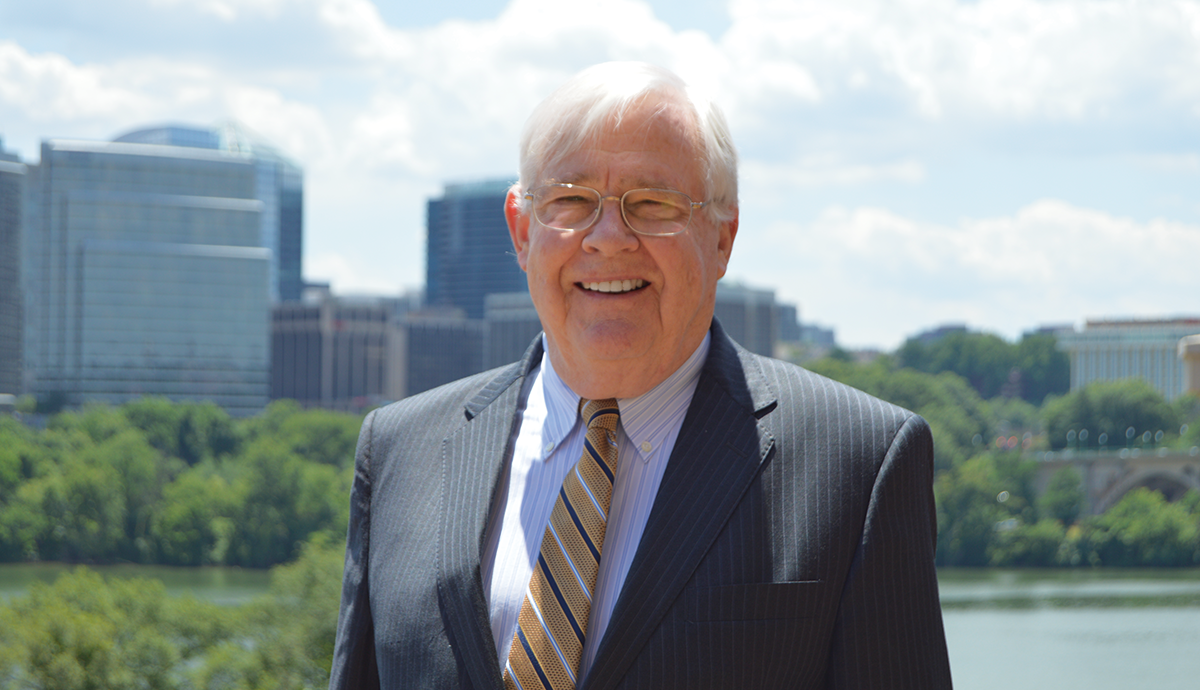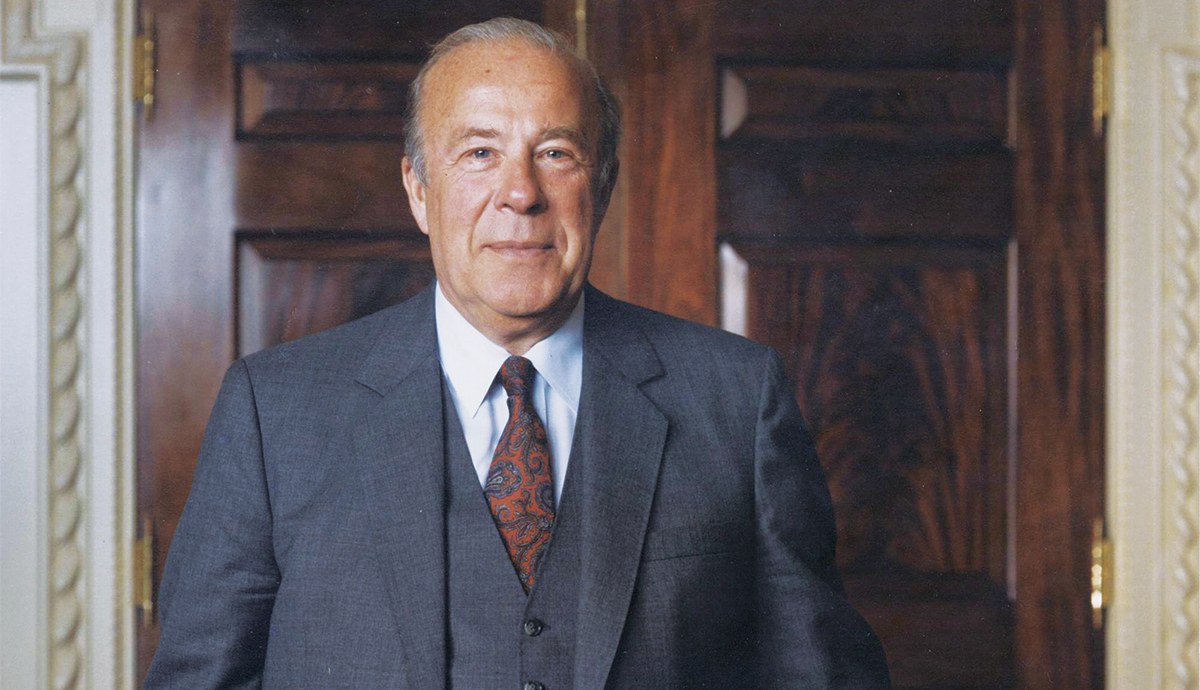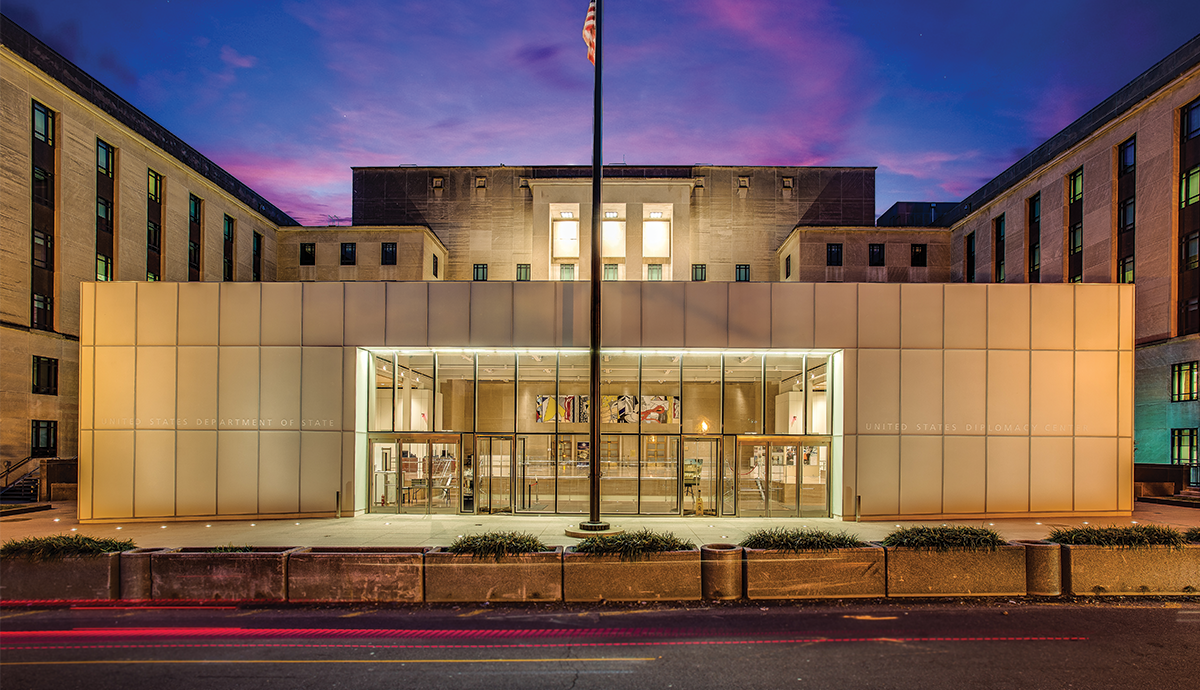
From ping pong to pirates to Benjamin Franklin, there is more to diplomacy than one might expect. As the first and only museum dedicated to American diplomacy, the National Museum of American Diplomacy (NMAD) provides programs and exhibits designed to explore the critical players, practices, and events that have defined our world. Your generosity and support can help NMAD share the untold and complete story of American diplomacy.
As 2021 comes to a close, you may be starting to explore your options for supporting your favorite charities. During this season of giving, we hope you will consider contributing to the Diplomacy Center Foundation (DCF) and our mission to complete NMAD. Your generosity helps us support NMAD education programs, original DCF programming, and the design of permanent NMAD exhibits. Check out our 2021 Charitable Giving Guide to explore which popular giving options are the best fit for you.
Online and Mailed Donations
DCF accepts donations year-round that support the backbone of our organization: our staff, operations, and outreach activities that fulfill our mission to support NMAD and share the history, practice, and challenges of American diplomacy with the public. You can support DCF anytime by donating on our website or via cash, check, and card payments mailed to our office. If donating by mail, please complete and include our Donation Form along with your form of donation payment.
All donations made by mail should be addressed to:
Diplomacy Center Foundation
1990 K Street NW, Suite 315
Washington, DC 20006-1147
Matching Gifts
Matching gifts from your employer is one opportunity to maximize the impact of your gift to the Diplomacy Center Foundation. Your employer may sponsor a matching gift program that will match, double, or—in some instances—more than double your charitable contribution. Your company’s personnel or human resources office can provide the information needed to obtain a matching corporate gift. To become a matching gift sponsor, please contact us.
Legacy Gifts
Legacy gifts are an inspiring endeavor to memorialize your support for NMAD and ensure that future generations can benefit from your generosity to learn about the history, practice, and challenges of American diplomacy. Legacy gifts offer flexibility to donors and are easy to complete, requiring as little as one sentence to your will or living trust to secure your support. To discuss different will or estate planning options, please contact us.
AmazonSmile
If you shop frequently on Amazon, AmazonSmile is an easy way to support your favorite charity while crossing things off your shopping list. AmazonSmile offers the same products and prices found on Amazon with the bonus of donating to your chosen charity. 0.5% of eligible purchases will be donated to your chosen charity with no additional fees or extra cost to you. Get Started
2021 Combined Federal Campaign (#30585)
The Combined Federal Campaign (CFC) is the official workplace giving campaign of the federal government that allows federal employees and retirees to pledge monetary support to approved charities. The 2021 Campaign season is from September 1, 2021, through January 15, 2022. The CFC’s online portal allows federal employees to start and renew pledges. It offers a full range of pledge options, including payroll deductions, credit/debit card payments, and bank transfers. CFC contributions will support the development, fabrication, and installation of permanent exhibits and programs at the National Museum of American Diplomacy. Start Your Pledge
GivingTuesday
GivingTuesday is a global day of generosity that will take place on November 30, 2021. Even in times of economic uncertainty, everyone has a deep reserve of generosity, which can be deployed to make a difference. Your time, your kindness, your skills, and your voice are all things you can give on GivingTuesday in addition to charitable donations. If you are making charitable donations on GivingTuesday, we hope you will consider supporting DCF and our campaign to complete NMAD. GivingTuesday contributions can be made on our website on November 30, 2021.
The Diplomacy Center Foundation is a 501(c)(3) nonprofit organization, and, as such, all gifts are fully tax-deductible as allowable by law. The Diplomacy Center Foundation’s tax ID number is 51-0398806. For questions about additional giving opportunities to tax-related questions, please contact us at [email protected] or (202) 408-1007.

